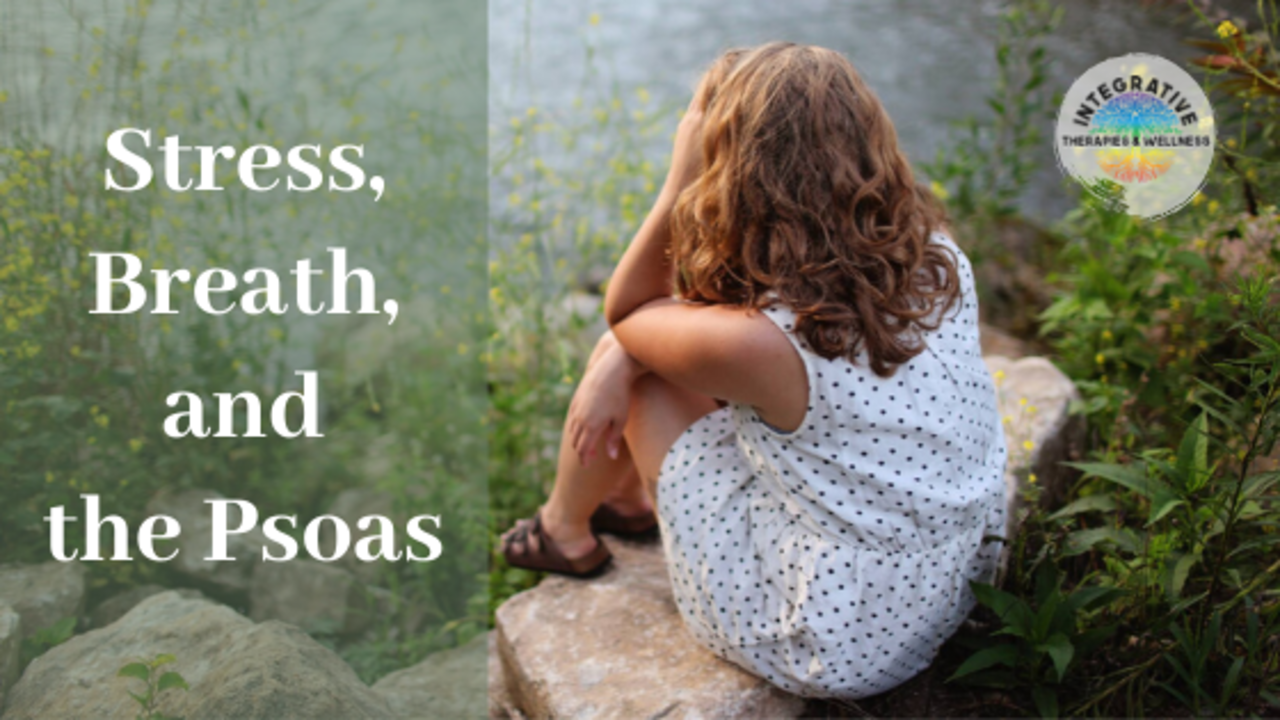Blog
Natural Stress Reduction: Simple and Effective Techniques

Natural Stress Reduction: Simple and Effective Techniques
Stress is a natural part of life, but chronic stress can take a toll on our physical and mental well-being. Fortunately, there are natural ways to manage stress effectively without relying on medication. Here are some simple, evidenced-based techniques to help you find calm and balance in your daily life.
- Practice Deep Breathing
One of the easiest and most effective ways to reduce stress is through deep breathing exercises. Techniques such as diaphragmatic breathing and box breathing can help calm the nervous system and lower stress hormones.
- Engage in Regular Physical Activity
Exercise is a powerful stress reliever. Activities like walking, yoga, and swimming release endorphins, which help improve mood and reduce anxiety. Even a short daily walk in nature can have profound effects on stress levels.
- Prioritize Sleep
Lack of sleep can exacerbate stress and make it more difficult to cope with daily challenges...
The Vagus Nerve and Hormones

April is Stress Awareness Month
Did you know that the vagus nerve plays a key role in the regulation of hormones like cortisol (stress hormone), insulin, sex and thyroid hormones?
You may hear more and more women talking about symptoms they are experiencing, which are often linked to changes in their hormones. We are seeing and hearing it often, on social media, in conversations with clients as well as in small talk with friends and family.
Women experience hormone fluctuations every month during their menstrual cycle. Women also experience changes that affect their normal monthly pattern, with the aging process, as we enter perimenopause and menopause and due to disruptions in the endocrine system. These hormonal changes can come with undesired symptoms and side effects. Our level of stress and the function of our hypothalamus-pituitary-adrenal axis, can significantly affect the degree of symptoms we experience daily and during the transition to perimenopause and menopause....
Stress, Breath, and the Psoas

Do you have back or neck pain/tension, SI pain, sciatica, or anxiety? Most people experience stress in some way, shape, or form. Life, in general, can be stressful. Do you have a daily practice focusing on stretching, breath or breathing? If not you’ll want to continue reading!
Our bodies were created with a survival instinct. When we perceive danger with one of our 5 senses our sympathetic nervous system is activated and it responds with a physiological reaction called “fight or flight” (stress response). Our brains initiate an electrochemical response which may include an increased heart rate, constricted muscles, short/rapid breaths, chest tightness, dilated pupils, sweating, trembling, and difficulty focusing.
This comes in handy when we need to run from danger or fight for our life. But we also know that our bodies may respond as if we are in danger when, in reality, we are not. Have you ever woken from a dream in this state? Dreams are proof that mere thoughts can create t...

